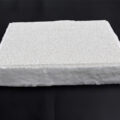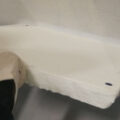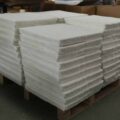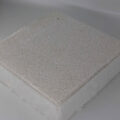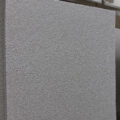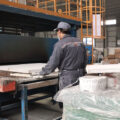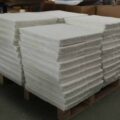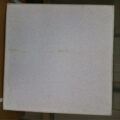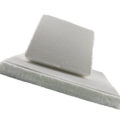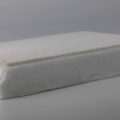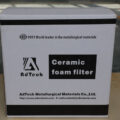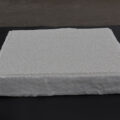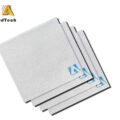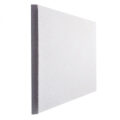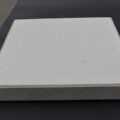Ceramic foam filter molten aluminum filtration is used to remove the inclusions generated between the refining system and the mold table. The ability of the ceramic foam filter to capture these inclusions is critical to keeping the ingot clean during the metal solidification process.
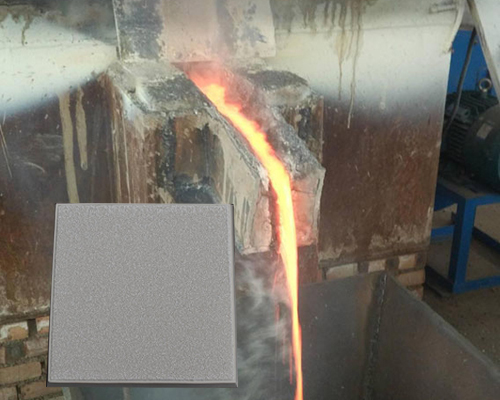
Aluminum is a silver-white light metal that is malleable. The solubility of aluminum is soluble in dilute sulfuric acid, dilute nitric acid, hydrochloric acid, sodium hydroxide and potassium hydroxide solutions, but insoluble in water. The melting point of aluminum is 660°C and the boiling point is 2327°C. It has good electrical and thermal conductivity, high reflectivity and oxidation resistance.
The density of aluminum is small, and the density of aluminum is about 1/3 of that of iron or copper. It can be strengthened. Although pure aluminum is not strong, it is easy to process. Aluminum can be cast by any casting method. Corrosion resistance, the surface of aluminum and its aluminum alloy is easy to form a thin and dense oxide film at room temperature, and it is firmly combined with the base material.
The aluminum industry cast foam ceramic filter can effectively remove various fineness of micro-inclusions in the aluminum water, so that the aluminum water presents a smooth laminar flow. It has a unique corundum structure, good mechanical strength and chemical stability, and excellent aluminum cleaning.
The molten aluminum filtration efficiency of the ceramic foam filter is closely related to its correct installation and use. There are sealed ceramic fiber gaskets around the ceramic filter plate, which helps the filter plate to be sealed in the filter box to ensure that there is no metal loss.
Due to the filtering process, in smelting, furnace treatment, casting and other process operations, in order to reduce the generation of inclusions, the conventional necessary measures taken cannot be ignored. It is also necessary to prevent re-contamination of the filtered clean aluminum liquid.

